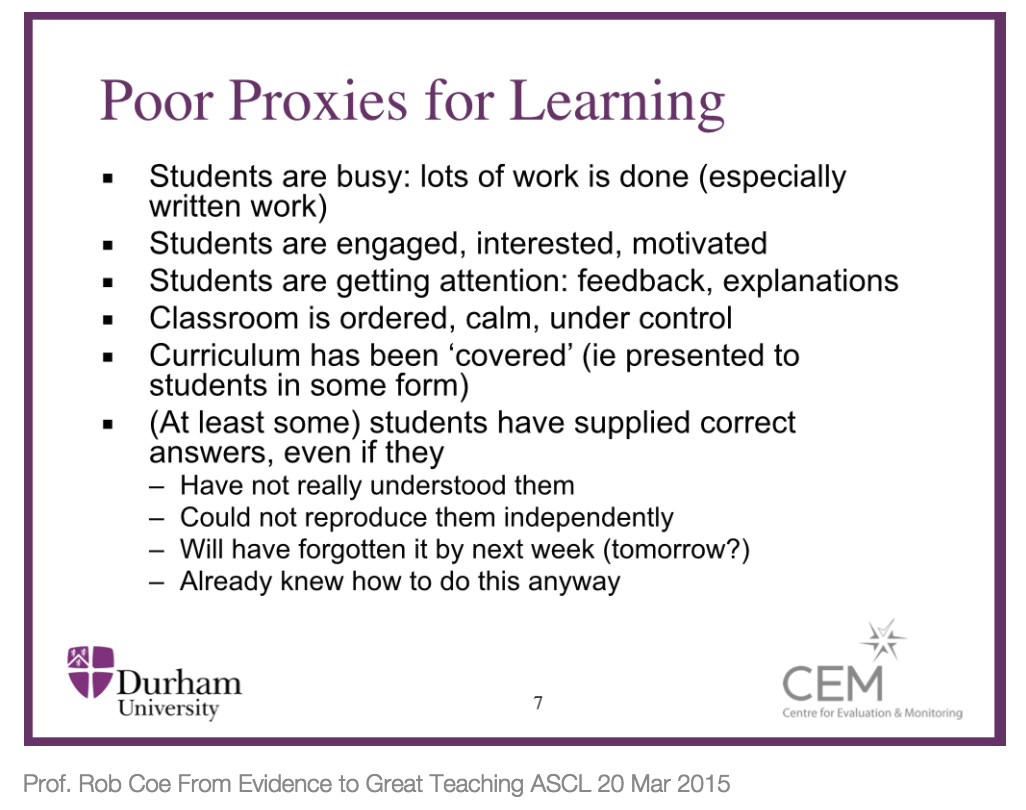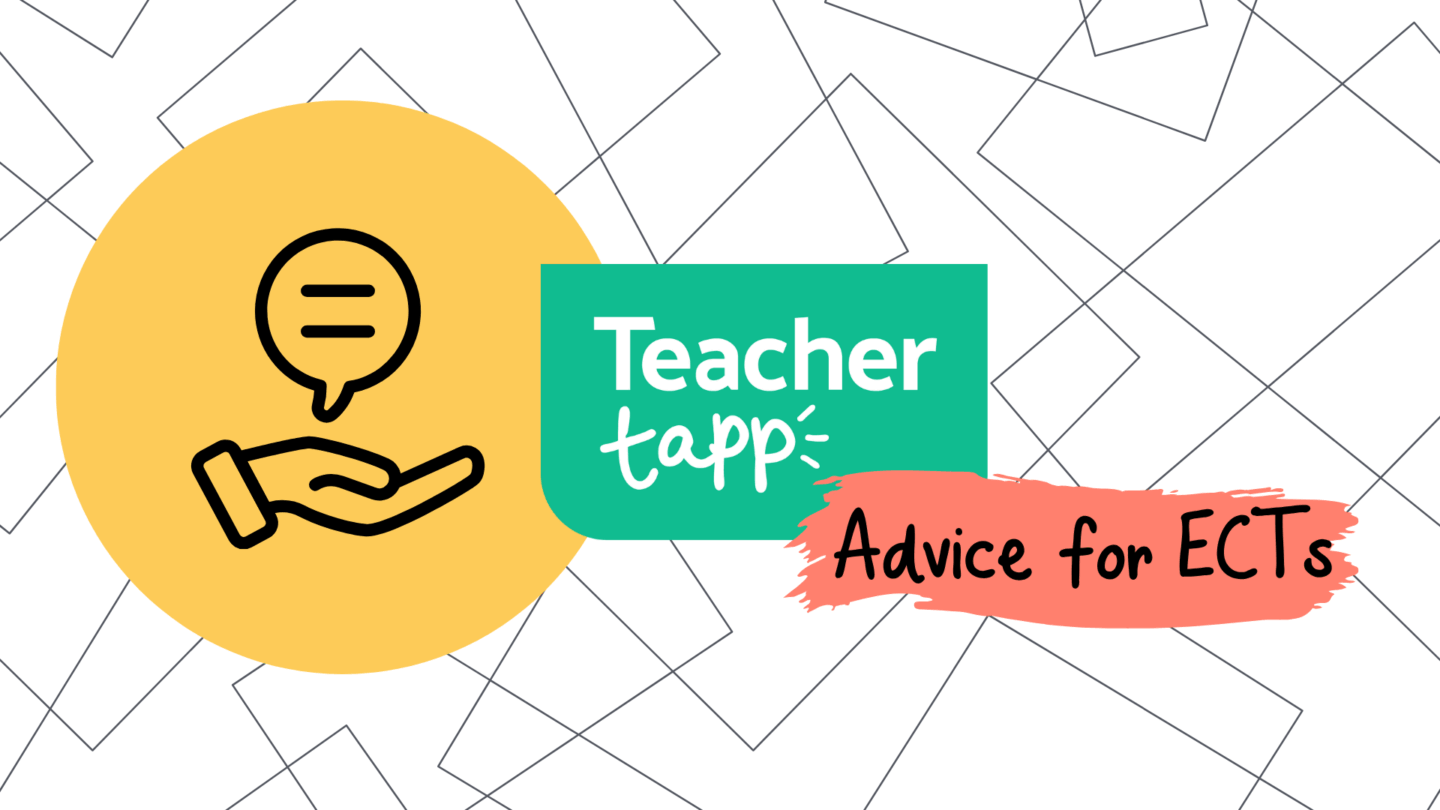What a bank holiday weekend. We now have all the sunburn…
Good luck to tappsters entering the final furlong or exam season – or for those who it is upon! In the meantime, console yourself with some cool new findings: it’s the weekly round-up…
1.I’m late! I’m late! For a very important exam answer…
Clock-gate hit the headlines last week after a headteachers’ union said that children are struggling in exams due to the use of analogue over digital clocks. The idea prompted a bit of a furore, so we figured we’d use Teacher Tapp to see what teachers had to say (as opposed to angry people on radio phone-ins).
As so often, views were divided.

BUT, an intriguing thing: Teachers in school for less than a year – and so likely to be the youngest group on average – were actually the most likely set of primary teachers to deny the need for digital clocks. So much for millennials being digital-first, eh?

A discussion on social media about the clock issue highlighted two main viewpoints:
- Some teachers felt it was unkind not to have digital clocks if children were struggling. ‘Why wouldn’t you help?’ was their main point.
- Others felt it unnecessary to compel schools to have digital clocks. ‘Why can’t schools make their own decision?’ was their main point.
Both are logical points and don’t necessarily conflict. But they neatly show how questions that can seem simple – yes or no to requiring digital clocks – involves a series of assumptions and thought processes that are often quite distinct among respondents. Ultimately, there isn’t an easy way to balance these two legitimate responses – though more people went no, than yes. The analogue clock is safe for now.
2.Engagement: When do teachers try to make things exciting?
Should teachers make lessons engaging? Several years ago Professor Rob Coe pointed out that some classroom behaviours associated with learning may not actually show that learning is happening. For example, students may be doing lots of written work. Or they may be sat in silence. This does not mean learning is happening in either cases.
One of the contentious points on Coe’s ‘poor proxies for learning’ list is around engagement – whether students appear interested and motivation.

In particular there is disagreement about the extent to which teachers should plan lessons to be engaging, as opposed to some other end. On the one hand, some teachers argue that getting and keeping attention is vital for getting pupils to learn, so you need to begin with ensuring engagement happens. Others say attention is important but shouldn’t be the main aim of an activity – so you should begin with the content.
We decided to ask one question about this so far:

We used ‘focus’ in the question as a way of seeing if people take into consideration this aspect of learning when planning lessons.
54% somewhat or strongly agreed that they focus on how engaging their activities will be. (74% agreed in some form).
Three groups had particularly strong agreement:
- Primary teachers
- Teachers in special schools or alternative provision
- Creative arts & PE teachers
One group stood out for their disagreement:
- Maths teachers

The question is fairly basic and only one data point, so we can’t go leaping to conclusions. But the list does raise some interesting questions.
Why is engagement a focus in lesson planning more often in AP and special schools? Is it because it’s about motivation and emotional involvement, and that’s more important for this group?
On the other hand, look at the lower maths score. People who argue engagement is unimportant often contend that ‘excitement’ distracts from rigorous content teaching and thereby reduces results. Yet, as a country, we don’t appear to do better on maths than on other subject, even though engagement ‘distraction’ would seem to be lower in maths lessons. What’s going on with that? (And what are maths teachers focused on in their planning?)
We will look further into this. Along with many of the other 7-point questions we are asking at the moment we are starting to get a sense of clusters of opinions and are interested to find out if teachers tend to vary randomly in their opinions, or if there are some themes that come out as key variables.
Doing so means asking more of these 7-point questions, which we know are not necessarily everyone’s favourite type (we read the feedback!) BUT, we’ve started so we’re going to finish with this format, as Jeremy Paxman would say.
https://giphy.com/gifs/university-attempt-high5-Aoul1BWUpabvi
3. Confidence trickiness
Subjects are, well, the subject of quite a lot of conversations within education at present. Ofsted are into a broad and balanced curriculum, involving lots of subjects, and the schools minister Nick Gibb wants everyone to gen up on their subject knowledge.
One issue for the government’s love of subjects may be the youth of teachers. Teachers in England are among the least experienced in the world – and the less experience you have, the less confident you feel about your subject knowledge…

We also found a difference among teachers of different subjects, with primary and humanities teachers the least confident before preparing for their lesson.

Perhaps these groups are unusually humble – or, could it be due to the number of different lessons a teacher is expected to deliver in a week? Primary teachers cover a whole raft of subjects so may be teaching something outside their specialism more often than most. And humanities teachers also often teach across a suite of subjects. Yet, in the past, we’ve found that science teachers are the ones who report teaching the most individual classes and they have the biology/physics/chemistry issue.
One for us to repeat again in future – and if anyone has ideas on the low humanities rate, that would be great!
4. Groupwork: How common is it?
The worldwide TALIS studies in 2013 found that teachers in England use groupwork more than teachers in most other countries. In the study, 58% of English teachers said they used it in ‘all’ or ‘almost all’ lessons. (The highest-performing countries only had 40% of teachers doing groupwork in all/almost all lessons).
But, if a teacher has one five minute activity each lesson in which children work in pairs that’s not the same as everyone working in large groups. How can we be more specific?
We asked a different question, which looked instead at how often pupils are working individually and for the majority of the time:

Now we see that 55% of teachers say pupils are working individually for most of the time in their lessons.
Note, however, this question had a lot of respondents around the ‘hedged middle’. The answers showed more slight agreement or disagreements than stronger convictions. Our tappsters are very happy to go for strong when they want to (we often see strongly agree and disagree as the most popular answers). So this suggests a hesitation – what is it about?
Getting to the root of group work versus individual is likely to be tricky because there are so many versions of group work.
What this data does show is that it’s not safe to assume most teachers in Britain are using group work for the majority of the time. Most say they are doing the opposite.
5. The Purpose of Education Is Preparing Pupils For Work – Or Is It?
In the aftermath of the American civil war, two leaders of the black community warred over the way schools should prepare young people of colour in future. WEB DuBois felt it important to lay a foundation of academic scholarship equal to that given to white Americans on the basis that education was a right in itself. Booker T Washington felt it was more important for the schools to focus on vocational skills to ensure young African-Americans could get jobs. Something Washington, who was born into slavery, felt to be fundamentally important for economic prosperity.
The famous clashes between the two encapsulate a debate about the purpose of education that crosses generation, races, and countries.
Right now in England, what do teachers think is the purpose of education?

There is more agreement than disagreement to the world of work as a purpose. But notice again the lack of ‘strong’ agreement. Does this mean people feel it is only one purpose? Maybe not even the most important one? This is why we will triangulate with other questions. Keep an eye out for future results.
The result was the similar across subjects/phase, and across school roles (although heads were least likely to agree that school is for the preparation of work).
Have you asked colleagues recently their view on this? Are you aligned?
6. Mental health: a slow and careful crawl
England has a mental health data problem. The last big data collection on children’s mental health was in 2004 – and almost every other metric has changed its criteria (eg NHS referral data) meaning it is difficult to compare over time and see how much worse/better things now are.
Teacher Tapp can’t fix this but we can start to carefully collect information, over time, about what teachers are seeing on the ground.
A simple question is to ask whether teachers have raised a mental health concern to a senior member of staff. We found half of teachers have raised at least one mental health issue about a pupil in the past month – and 19% raised more than 2.

The issue is more acute in primary schools:

We are heading towards SATs exam season, which could account for the primary balance. This is something we can keep an eye on.
But interventions for parents have largely been missing from the discussion despite this data showing teachers believe parents are the most influential group.


Note also the negativity towards social media, who are blamed for the current state by a significant proportion of teachers, yet only 3% see it having a role in improving mental health.
**
7. Finally, as ever, we learned that you really love our daily tips, so here are the links for last week:
Does your school have high teacher turnover?
10 Steps for starting pupils on a task
What is metacognition? (And is it effective?)
How I Rewired My Brain To Become Fluent In Maths
What is a learning ‘rest’ position?
*
Right folks – over and out for another week…
In the meantime, keep sharing what we are doing. Here’s a powerpoint slide (with script), a PDF, and a black-and-white one-pager to help.
Remember, we need more of you before we can do the really exciting and detailed analysis!
Enjoy the rest of the week…
**
Enjoyed this post and want to join our Teacher Tapp panel?
Sign up via the iPhone App Store or the Android App Store.
You can also check out more at www.teachertapp.com





